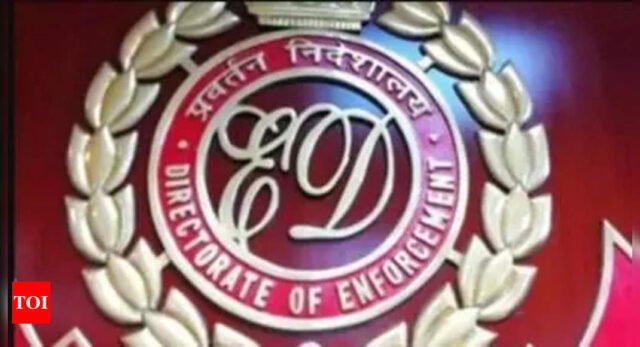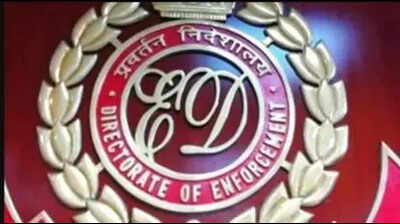Hyderabad: The decision of Hyderabad police to close their investigation into the human hair smuggling racket by dubbing it as ‘undetected’ has been challenged by the Enforcement Directorate (ED), which has said that substantial evidence was unearthed.
The ED had initiated a parallel probe under the Prevention of Money Laundering Act (PMLA) and also filed a prosecution complaint against multiple accused, including Nay La Family Exports and its associates, before the Special PMLA Court in Nampally.
On Dec 30 last year, the Central Crime Station (CCS) Hyderabad wrote to the ED that it can challenge the “undetected” classification in the additional chief metropolitan magistrate’s (CMM) court in Nampally. The CCS case registered in Dec 2021 involved allegations of large-scale smuggling of human hair to China via Myanmar and hawala transactions.
The ED (Hyderabad) wrote back on Jan 3 objecting to the police conclusion, asserting its investigation revealed strong evidence. The ED also said its prosecution complaint filed on Aug 21, 2023, had been taken cognisance of by the Nampally court on March 1 last year.
The Racket
The case originated following a TOI investigation and ED finding hawala payments linked to Chinese betting apps. The ED found that Nay La Family Exports, led by director Mohammed Ibrahim Patel, used benami Import Export Codes (IECs) from local firms to export human hair. This hair, sourced from Andhra Pradesh and Telangana, were routed to Guwahati and Kolkata and subsequently smuggled to China via Myanmar.
The ED said it found payments were funnelled through shell entities and hawala networks. Funds from shell accounts in Mizoram were traced to hair merchants across India. These accounts saw cash deposits of hundreds of crores of rupees, with payments to exporters in Hyderabad through hawala operators based in Begum Bazar.
Kingpin and modus operandi
The ED identified Lucas Thangmangliana of Mizoram as the kingpin. Lucas allegedly facilitated smuggling of human hair and fertilisers from India to Myanmar and brought betel nuts from Myanmar to India. Payments were through an intricate hawala network.
Lucas reportedly collected payments from human hair buyers in Myanmar in Kyat, the local currency, and paid Indian sellers using money obtained from betel nut buyers in India. The differential payments for undervalued human hair exports were settled locally via hawala operators or mule accounts.
The ED seized Rs 1.21 crore in unaccounted cash and froze over 100 bank accounts holding Rs 7.85 crore during searches in Hyderabad and Mizoram. These accounts were allegedly used for depositing large amounts of cash by individuals other than the account holders.
Apart from Nay La and its director Patel, the ED named several others in its complaint. Investigations also implicated local hair traders and hawala operators in Hyderabad, AP and North-East.









